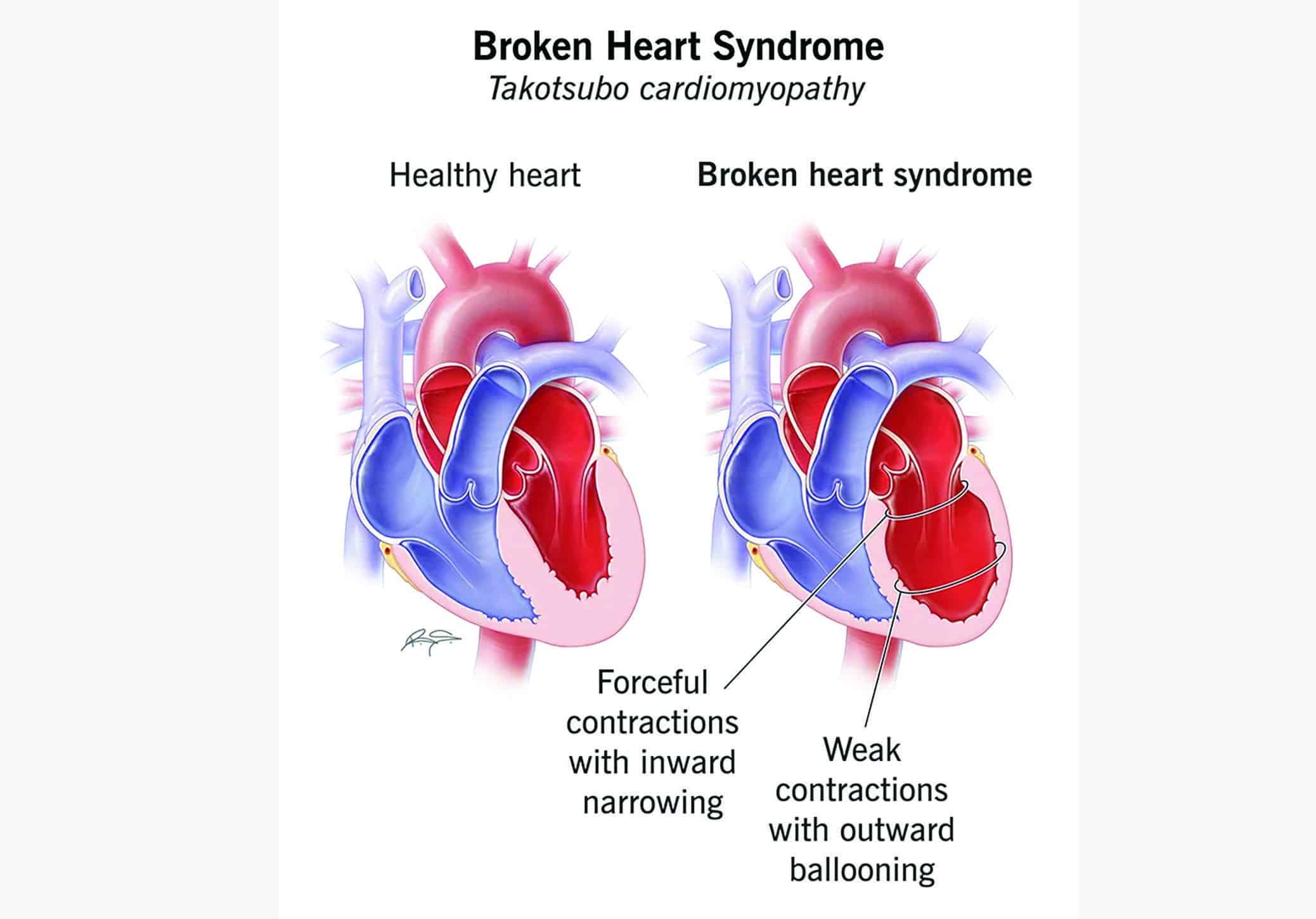By Ahmed Sabeeh
KUWAIT: Kuwait’s groundbreaking research has unveiled a captivating connection between the human brain and a medical condition known as Takotsubo cardiomyopathy, commonly referred to as broken heart syndrome. This unique cardiac condition, which mimics heart attack symptoms, has been linked to profound sadness and emotional stress, opening new avenues for better understanding and treatment.
Life Coach Oraib Al-Fozan said: “Understanding the mindset of the human brain can help us comprehend certain emotions. It takes just 90 seconds to identify an emotion and allow it to dissipate by simply acknowledging it. The individual must pause for ninety seconds to label what they are feeling. Fortunately, there are methods available to cope with these emotions.”
Cardiologist Dr Ilan Shor Wittstein explains that Takotsubo cardiomyopathy often originates from emotional or physical stress. Remarkably, up to 30 percent of patients with this condition do not experience any identifiable stressors at the onset of symptoms, making it an intriguing medical mystery. Furthermore, broken heart syndrome results in a transformation of the heart’s left ventricle, responsible for pumping blood throughout the body.
The enlargement and alteration of the chamber’s shape weaken the heart muscles, impeding its normal blood-pumping function. Similarly, researchers have made a groundbreaking discovery concerning the role of the brain in the development of broken heart syndrome. A study conducted at the University of Aberdeen reveals that the amygdala, a small brain region controlling emotions and memories, plays a crucial role in this cardiac condition.
The study also observed decreased connections in various brain regions, affecting higher-level functions such as emotions, cognition, language, stress responses and heart control. Despite its prevalence among older women who have experienced the loss of a loved one, the link between broken heart syndrome and brain activity suggests that emotional stress can be a significant factor for anyone, regardless of age or gender.
Experts recommend a variety of treatments for Takotsubo cardiomyopathy, including heart medications, anti-anxiety drugs, stress management techniques and cardiac rehabilitation. With the correct treatment, patients can fully recover within a month. In conclusion, this cutting-edge discovery of the brain-heart connection represents a significant advance in the fields of cardiology and neuroscience. As researchers continue their investigations, there is hope for enhanced diagnostic methods and treatment strategies for those with broken heart syndrome.











